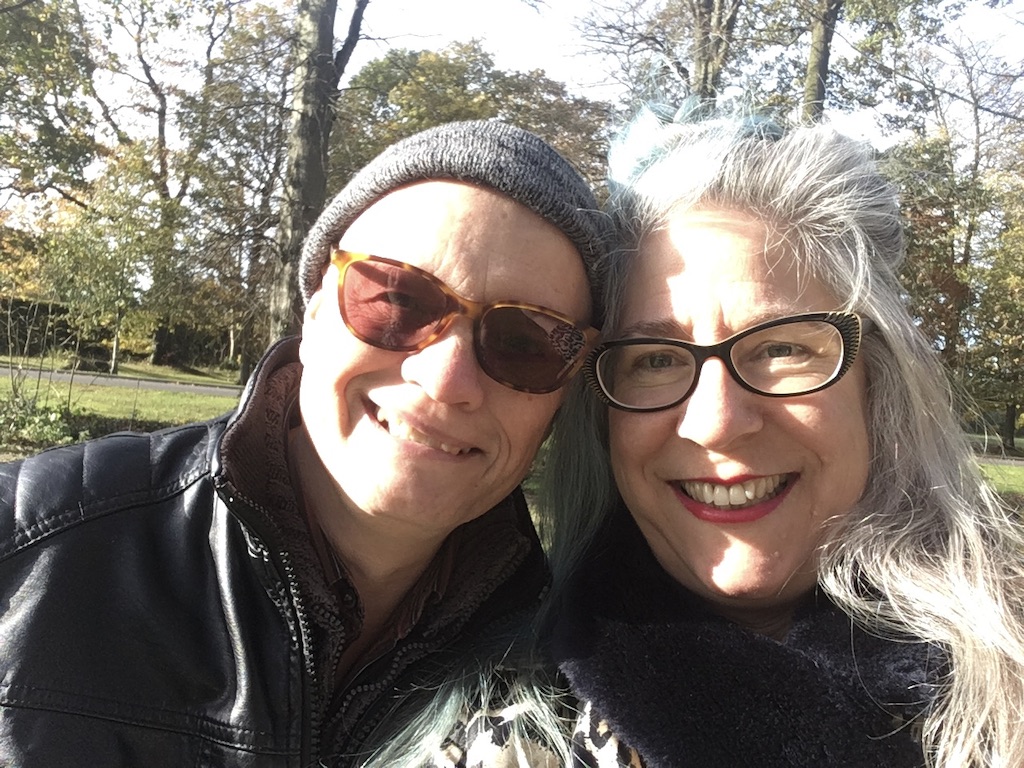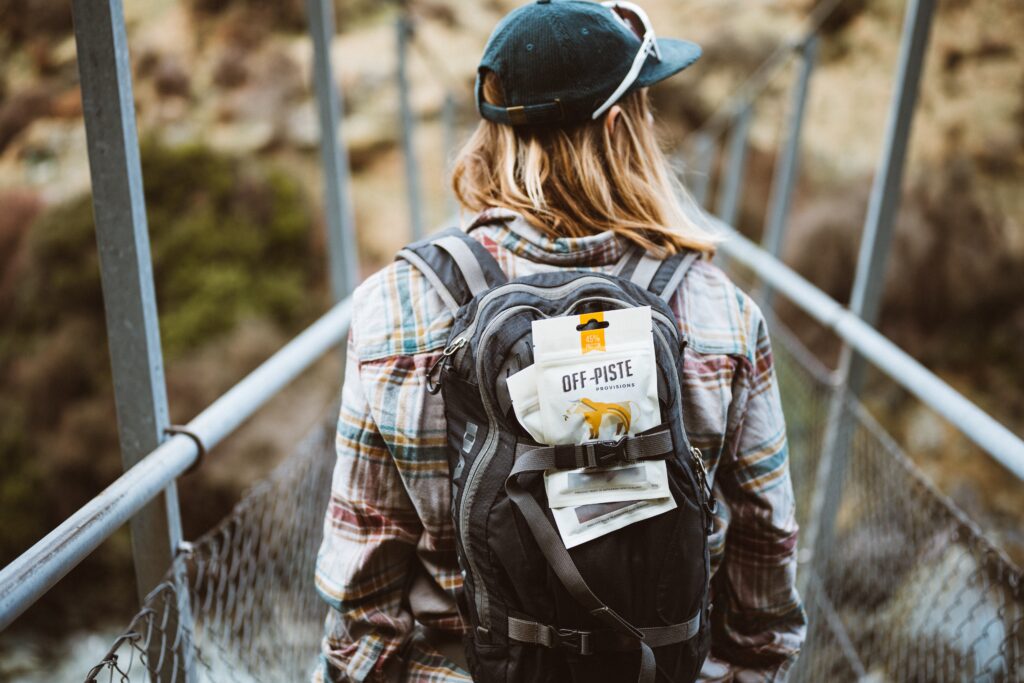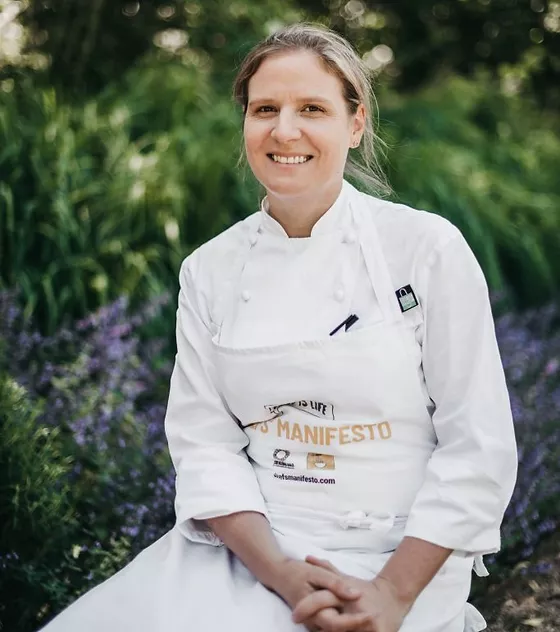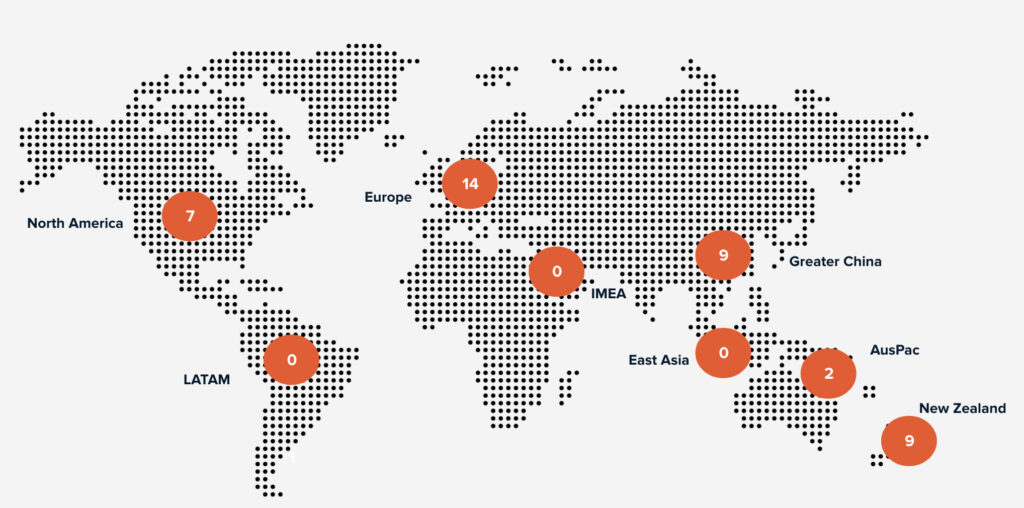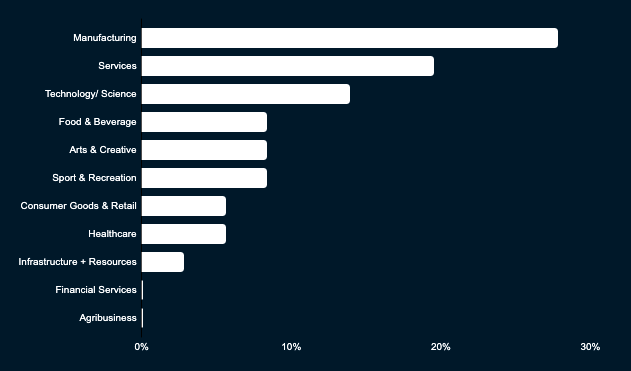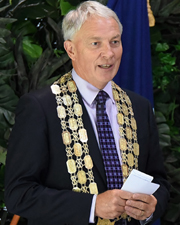Grant Caunter knows a fair bit about beer. He’s spent most of his life working in the industry, and for the past four years has been based in Amsterdam working as the Global Director of Craft & Specialty beer for Heineken. When Grant’s contract came to an end in 2021 the family contemplated their next move and ultimately decided to return to New Zealand.
“We had had more than a year of fairly strict lockdowns in Amsterdam and that time at home gave us time to assess our careers, our lifestyle and our state of play. With change comes opportunity, so it was a good time to return to New Zealand and kick off some new goals.”
Grant and his family returned to Kiwi soil in August, and after surviving MIQ they were looking forward to enjoying some freedoms, but unfortunately that didn’t last long with New Zealand going into lockdown just five days later. For Grant, his wife and two teenage children, it was a bit like going back in time.
“I think the most confronting thing about coming home and entering the lockdown was that we felt like we had already lived through this time in Amsterdam eighteen months earlier. We had experienced the full pandemic cycle already and talking about our experiences fell flat here as living with covid was not a subject people wanted to discuss. When we left Europe people were really starting to move on, there was a real buzz, a real growth mindset and people were moving forward again and living with Covid. Then we came back here and it was like we had gone back in time.”
The lockdown gave Grant time to think about what was next for him and his family and the one thing he knew for certain was that he wanted to live and work differently.
“I went to Amsterdam to take on the role as the Global Director of Craft for Heineken, it was a four year assignment to set up the global program for Heineken’s fastest growing category. Craft and specialty beer is sold in 108 Heineken markets and I led the team to learn, share and reapply what we knew quickly. It was a real buzz working with each market to prepare them to move through the growth stages of a successful craft portfolio. I loved the role and the amazing connections I made and the experiences I had, but that last year was quite different and I had definitely had enough of online calls and powerpoint slides during lockdown.”
Grant says he enjoys the conversations about change, trends, and the shifting consumer behaviour across multiple markets, and having been part of the growth in Europe post lockdown he hopes his experience can help businesses here reconnect to the world.
“I decided to start my own business consultancy called State of Play. It’s a bit like doing a warrant of fitness on a business. The past two years everyone has been head down keeping the business alive – now is the perfect time to stop and do a check. I also joined up with NZTE to become a beachhead advisor as another way to help businesses.”
With a couple of projects on the go there was still one thing that was bugging Grant and his wife Nicky.
“Nicky and I both gave up drinking alcohol during the pandemic. In Europe it’s so easy to get a good tasting hoppy beer that’s alcohol free. It wasn’t until we moved back to New Zealand that we realised how little choice there was in the zero alcohol beer section, aside from the big brand lagers. So I decided to make my own.”
Sharing a name with his consultancy company, Grant launched State of Play – the nation’s first and only 100% zero alcohol brewery. The first beer is a naturally brewed zero alcohol IPA, and it will go on sale this month. Grant says the beer is made with NZ hops and Canterbury malt and most importantly is full of flavour.
“I gave up drinking alcohol, but I still love beer, I still love hops, so I am aiming for flavour above all else. The zero alcohol market is one of the fastest growing areas of the beer industry. After all, a lot of people want to be able to enjoy a few beers and still be able to go about their day. If you are out for a late lunch or you’ve had a game of golf you don’t want to necessarily have two or three 6% beers because maybe you have to go back to work, or you have to drive home. In Europe beer is just beer, the alcohol content does not matter, people just had a beer. I am hoping I can help create that same attitude here. I don’t expect everyone to go sober but maybe you have a few zero alcohol beers during the week and then some with alcohol at the weekend, it’s about giving people options.”
Options are certainly something Grant himself has plenty of. He already has plans to expand his craft beer range and with borders reopening he is hoping to use his experience of offshore markets to help more Kiwi businesses. He says his time offshore has made him realise the many opportunities Aotearoa has to be world class.
“New Zealand has so much to offer and New Zealand brands and people have such a great reputation overseas. The world has been starved of Kiwi banter for too long so I really hope we can come out of the blocks swinging.”

 MENU
MENU

